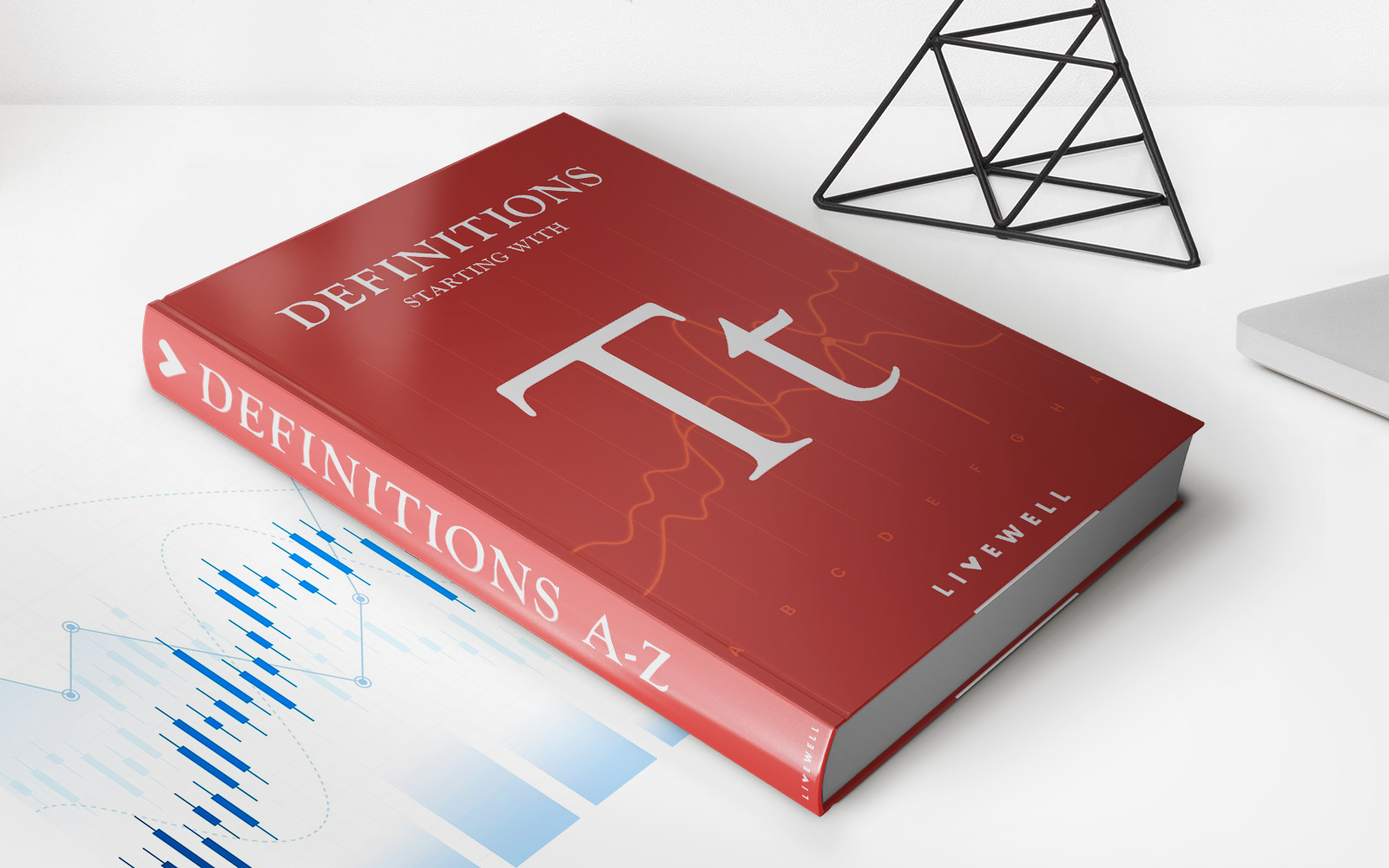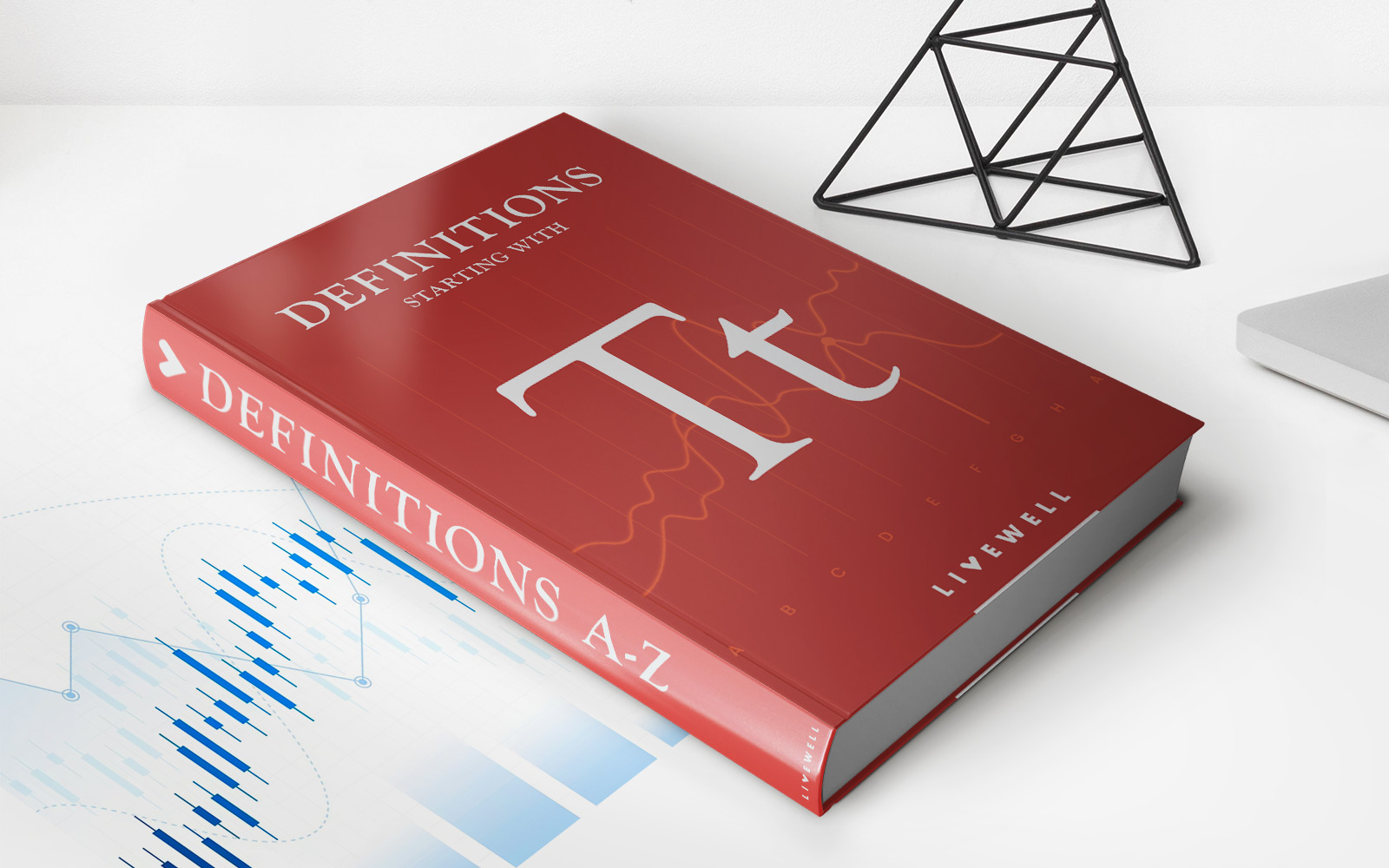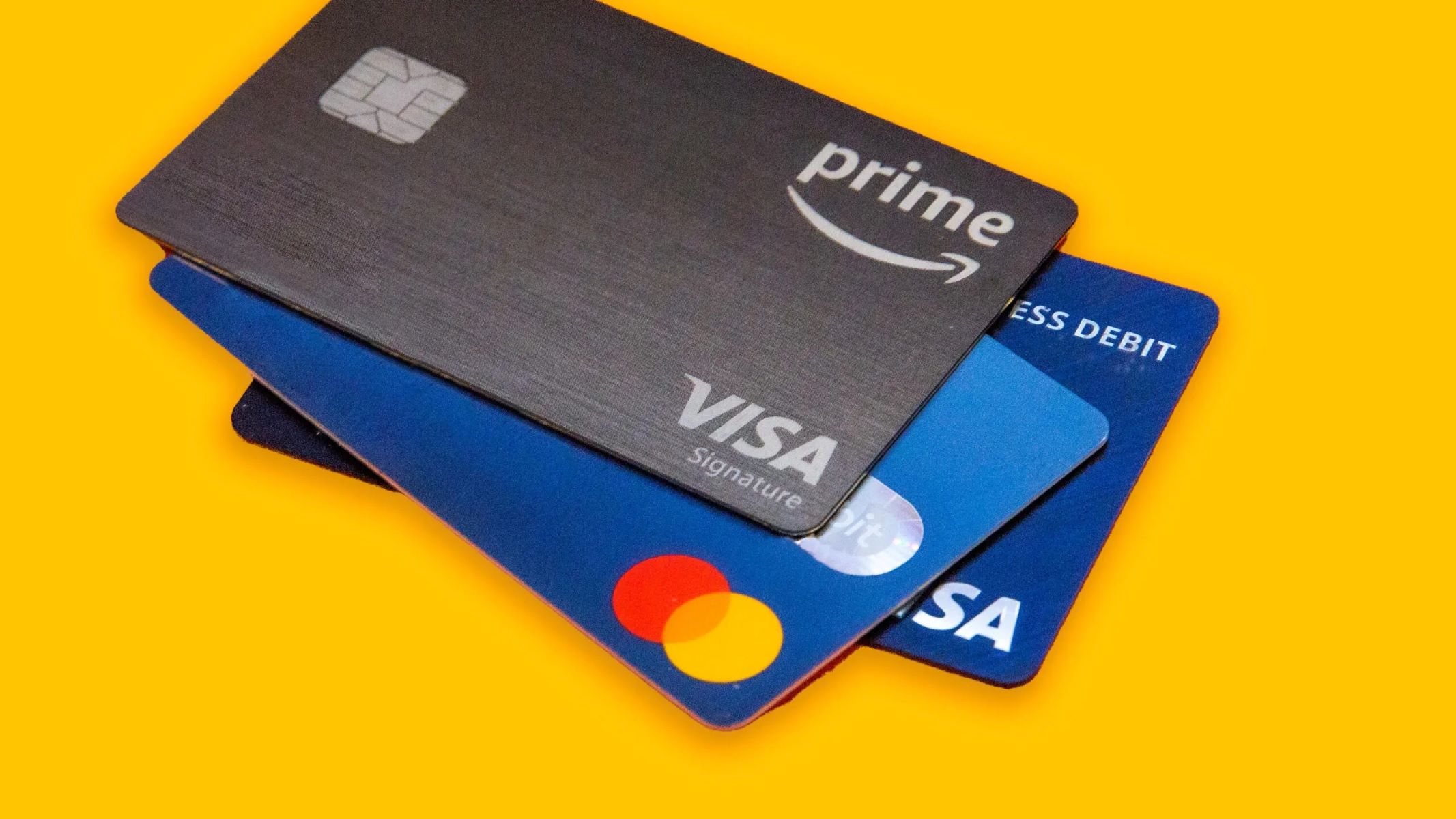

Finance
Breakage Definition
Published: October 19, 2023
Learn the definition of breakage in the field of finance and how it impacts investments and financial transactions. Gain insights into the consequences of breakage for effective financial planning.
(Many of the links in this article redirect to a specific reviewed product. Your purchase of these products through affiliate links helps to generate commission for LiveWell, at no extra cost. Learn more)
Understanding Breakage in Finance: A Key to Financial Success
Welcome to our “FINANCE” category, where we dive deep into various aspects of personal finance and wealth management. Today, we’ll be discussing a common term in the financial world – breakage. If you have ever wondered what breakage means in the context of finance and how it can impact your financial success, you’re in the right place.
Key Takeaways:
- Breakage is a term used to describe unredeemed financial benefits, such as gift cards, coupons, or loyalty points.
- Become aware of breakage on your own accounts to avoid missed opportunities and optimize your finances.
At its core, breakage refers to the unused portions or unclaimed financial benefits that remain on certain financial instruments. This can include unredeemed gift cards, unused loyalty points, or outstanding coupons. Breakage can occur due to a variety of reasons. For instance, when consumers fail to utilize the full value of a gift card, it leads to breakage for the retailer. Similarly, when customers do not redeem their loyalty points or expire coupons, the value remains unrealized for both parties involved.
Breakage may seem insignificant on the surface, but cumulatively, it can have a significant financial impact. From the perspective of businesses, they often account for breakage as revenue, which can help offset costs or boost profitability. On the other hand, consumers may unintentionally allow breakage to occur without realizing that they are missing out on potential benefits. By understanding breakage and actively managing it, individuals can optimize their finances and take full advantage of the benefits available to them.
So, how can you stay on top of breakage and ensure you don’t miss out on financial opportunities? Here are a few actionable tips:
- Track your gift cards: Keep a record of any gift cards or vouchers you receive and make a plan to use them before they expire. Remembering to utilize these funds can help you extract their full value.
- Monitor your loyalty programs: Keep an eye on the loyalty points or rewards offered by various programs. Utilize them before they expire or find ways to maximize their value, such as redeeming them for discounts or freebies.
- Stay organized: Maintain a system to manage your financial benefits effectively. Organizing important documents, keeping track of coupons, and staying on top of expiration dates can help you avoid unnecessary breakage.
By incorporating these practices into your financial routine, you can minimize breakage and make the most out of your financial assets. Stay vigilant and be proactive about managing your finances. After all, every dollar saved or benefit claimed adds up to your overall financial success.
In conclusion, breakage is an important concept to grasp in the world of finance. Understanding how it can impact you as both a consumer and a business can help you optimize your financial decisions. By staying aware, organized, and proactive, you can turn breakage into an opportunity to unlock hidden value and enhance your financial well-being.














